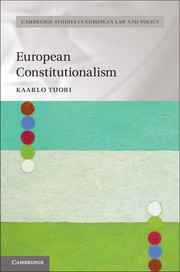The Eurozone Crisis
Topical and timely, this book offers an economically informed constitutional analysis on European responses to the crisis. It discusses the longer-term proposals on the table including rescue measures and stability mechanisms, as well as the tightening of European economic governance. The authors see the European constitution as a multidimensional and multi-temporal process of constitutionalisation. They examine how the crisis has catapulted the economic constitution back to the 'pacemaker' position from where it determines developments in the political and social dimensions. However, now the key role is not played by the constitution of 'microeconomics', focusing on free movement and competition law, but the constitution of 'macroeconomics', introduced in Maastricht.
- Combines a legal and economic view on the Eurozone crisis
- Multidimensional approach will also appeal to scholars interested in transnational constitutionalism
- Written by highly regarded experts in their respective fields
Reviews & endorsements
"… it is worth drawing attention to the final words of the book: "In sum, we are not very optimistic". In light of recent events in Greece, this assessment seems rather prophetic, and Tuori and Tuori’s reasoning is well worth exploring."
David Yuratich, Yearbook of European Law
Product details
February 2014Hardback
9781107056558
300 pages
229 × 152 × 17 mm
0.61kg
5 b/w illus.
Available
Table of Contents
- Part I. Setting the Scene:
- 1. Introduction: framework of the analysis
- 2. Two layers of the European economic constitution
- 3. Towards the crisis: an economic narrative
- 4. Responses to the crisis
- Part II. Constitutional Mutation:
- 5. Constitutionality of European measures
- 6. Realignment of the principles of the macroeconomic constitution
- 7. Democracy and social rights
- Part III. What Next?:
- 8. Initiatives on the table.

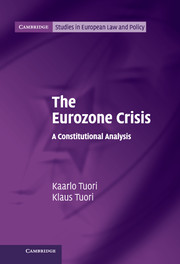
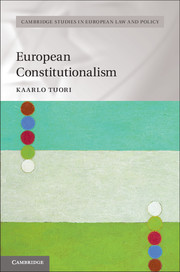
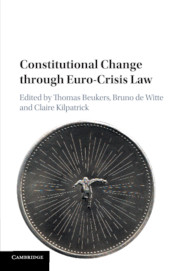
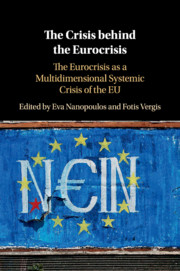
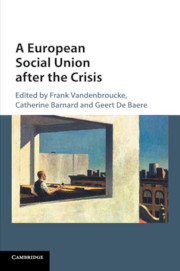


.jpg)



